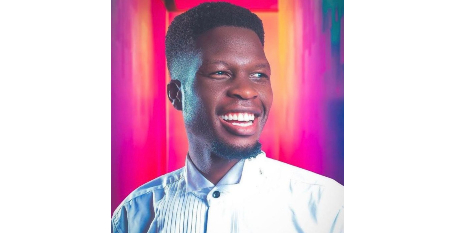Kenya is on the verge of introducing legislation that would criminalise openly identifying with, or supporting, the LGBTQ community, with punishments including the death penalty.
Labelled the Family Protection Act, the East African country’s bill would see a complete ban on activities that “promote homosexuality”, including openly identifying as LGBTQ or wearing Pride emblems.
Those found in breach of the law would face a minimum of 10 years in jail while those found guilty of performing same-sex acts would face a minimum of 14 years.
Additionally, anyone found guilty under a clause for “aggravated homosexuality,” defined as engaging in “homosexual acts with a minor or disabled person and transmitting a terminal disease through sexual means”, could be executed.
The bill heavily mirrors Uganda’s Anti-Homosexuality Bill, which was signed into law earlier this year.
Similar bills are also being proposed in Tanzania and South Sudan, while Ghana‘s president, Nana Akufo-Addo, has signalled that an anti-LGBTQ bill is being proposed there.
Same-sex sexual acts are already prohibited in Kenya.
What's life like for LGBTQ people in Kenya?
The legal position
It’s currently illegal to be gay in Kenya.
Sodomy is criminalised under section 162 of the Kenyan Penal Code, and is punishable by up to 14 years imprisonment. Any other sort of sexual contact or intimacy between men is criminalised under section 165 of the Kenyan Penal Code, and is punishable by up to five years imprisonment. There are no protections in place in relation to discrimination on the basis of sexuality.
Kenya is a socially conservative country - the subject of homosexuality is generally considered taboo. Political and religious leaders regularly make public statements against LGBTQ people. There have been several reported instances of homophobic violence.
The legal battle
LGBTQ activists in Kenya have been waging a legal campaign for section 162 of the penal code to be repealed so that homosexuality can be decriminalised.
A petition was presented to the High Court of Kenya to repeal section 162 on the basis that it is a violation of Kenyans’ constitutional rights to equality, dignity, and privacy.
Submissions in this matter were heard by the court in 2018, and much of the discussion focused on the decision by the Indian Supreme Court – which legalised gay sex in India by overturning Section 377 – and its relevance to Kenya. Both countries have shared the law – which dates back to the days of British colonial rule – that criminalises “sexual acts against the order of nature”.
Ahead of the ruling, a spokesperson for NYARWEK — a network of organisations supporting the LGBTQ community in Kenya – confirmed that they were feeling confident that the High Court would rule in favour of decriminalisation.
The judges of the High Court ruled that while they respected changes to laws banning gay sex in other countries, it was the court’s duty to respect prevailing Kenyan values.
Many Christian and Muslim groups support the current law that criminalises homosexuality, and the Kenyan attorney-general had argued against decriminalisation.
Following the Court’s decision, the ban on homosexuality remains in place.
The history of Kenya
The country that we know as present-day Kenya, began to take shape from around the 1st century BC. This is when the seaport of Mombasa began to emerge as an important trading port, developing into a city-state that helped to shape the fortunes of the region.
The Swahili people were the dominant culture of the region, but the Persian rulers from the Middle East frequently sought to control the destiny of Mombasa and the surrounding lands.
European colonialism arrived in 1885, when Germany took possession of the coastal areas that had belonged to the Sultan of Zanzibar. These territories were subsequently transferred to the control of Great Britain, who needed the land to build a railway. The region became a protectorate of Britain, and was referred to as British East Africa.
In 1920, British East Africa was renamed as Kenya – named after the area’s highest mountain.
Democracy came to Kenya in 1957, when the first elections were held. Kenya was granted independence from Britain in 1963 and today’s Republic of Kenya emerged.












 列印版本
列印版本




















讀者回應
請先登入再使用此功能。